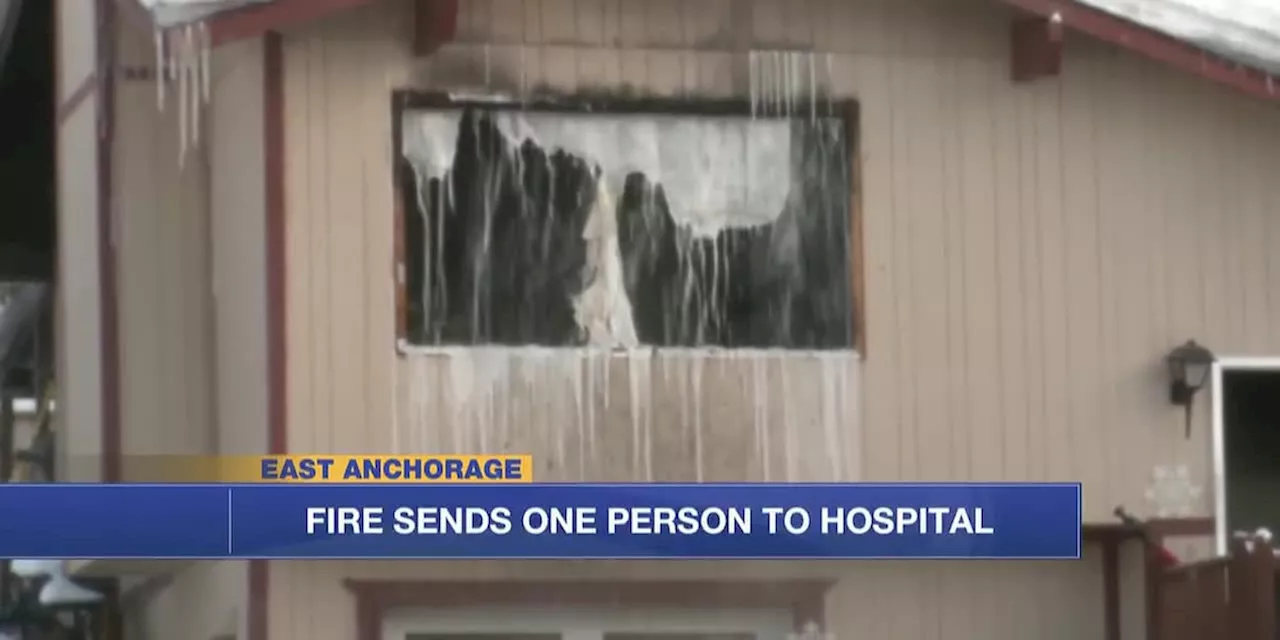
A geoengineering startup, Stardust Solutions, has successfully raised $60 million to advance technology aimed at dimming the Sun as part of efforts to combat global warming. This funding round, reported by Heatmap News, marks the largest-ever investment in the geoengineering sector, attracting contributions from prominent Silicon Valley investors and an Italian industrial family.
Geoengineering, a controversial approach among scientists, involves the injection of aerosol particles into the Earth’s atmosphere to reflect sunlight. Yanai Yedvab, CEO of Stardust Solutions and a former physicist in the Israeli government, acknowledged that while solar radiation management is a crucial step, it cannot entirely eliminate the risks associated with climate change. “There will still be extreme weather events,” Yedvab told Heatmap.
Stardust Solutions distinguishes itself as a private entity, unlike many other initiatives in the field, which are typically spearheaded by educational institutions or nonprofits. The company aims to develop a scalable particle that can be produced in large quantities and at a low cost, addressing concerns about the potential damage sulfates could cause to the ozone layer.
The startup is currently in the process of securing a patent for its proprietary particle and plans to initiate controlled outdoor experiments as early as April 2024. These experiments will involve releasing particles from a modified aircraft at an altitude of approximately 11 miles.
Despite the ambitious plans, skepticism surrounds the concept of geoengineering. Critics raise pressing questions about governance, particularly who would decide where and how these particles are deployed. The risks associated with geoengineering are significant, with some experts arguing that the potential dangers may outweigh any benefits.
The debate intensified last year when city officials in Alameda, California, ordered researchers from the University of Washington to cease an unannounced experiment involving cloud-brightening particles. Similarly, Harvard University researchers halted their atmospheric geoengineering project following public backlash.
Skepticism also comes from within the scientific community. David Keith, a professor at the University of Chicago, expressed doubts about the feasibility of developing a safe particle superior to sulfates, citing decades of research in the field. Gernot Wagner, a climate economist at Columbia Business School, criticized the startup’s approach, suggesting that the likelihood of a government purchasing Stardust’s intellectual property for immense profit is unrealistic.
Yedvab emphasized the importance of governance in geoengineering projects, stating that the company will only participate in deployment under strict government oversight. “When you’re dealing with such an issue, you should have very clear guiding principles,” he told Heatmap.
As the climate crisis intensifies, the exploration of geoengineering continues to spark both hope and controversy, raising essential questions about the future of climate intervention strategies.







